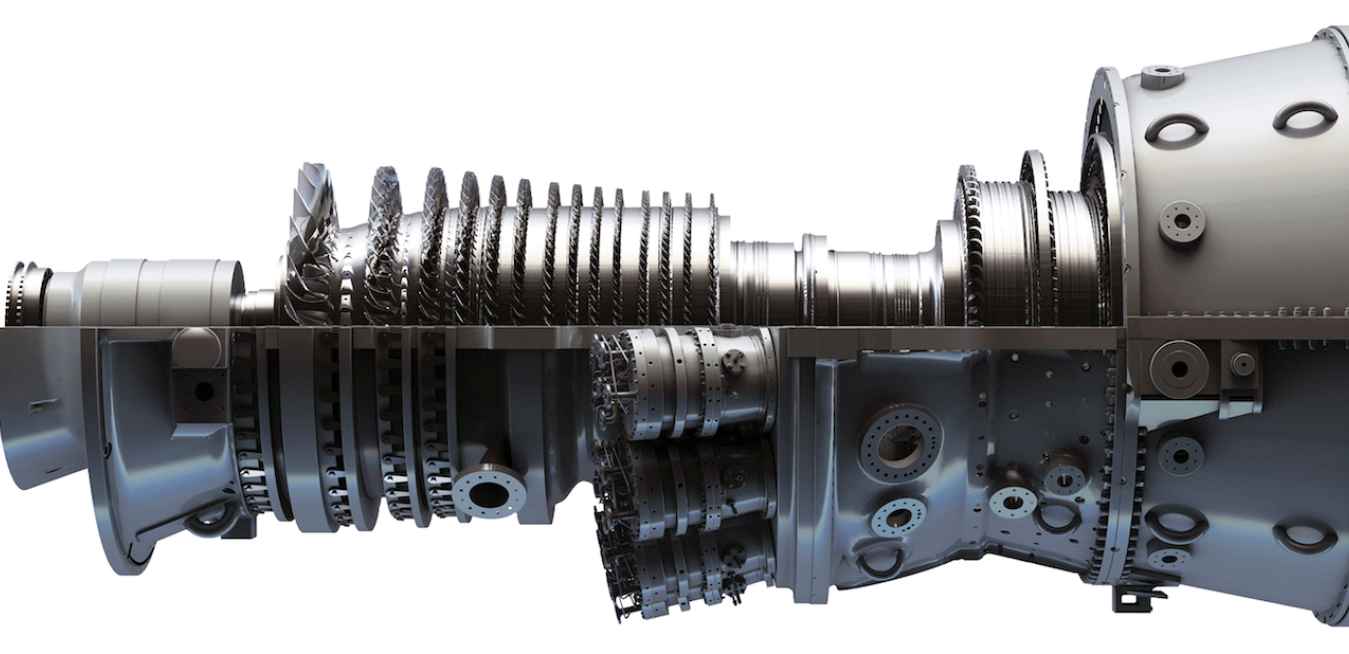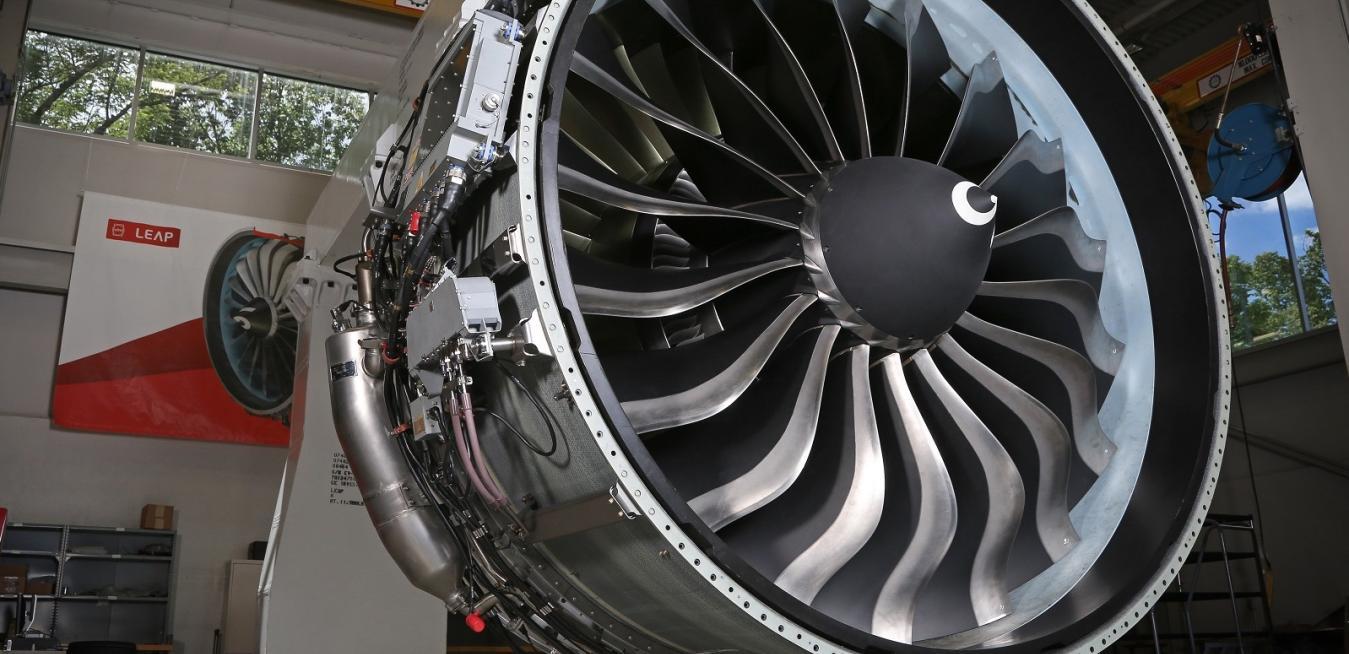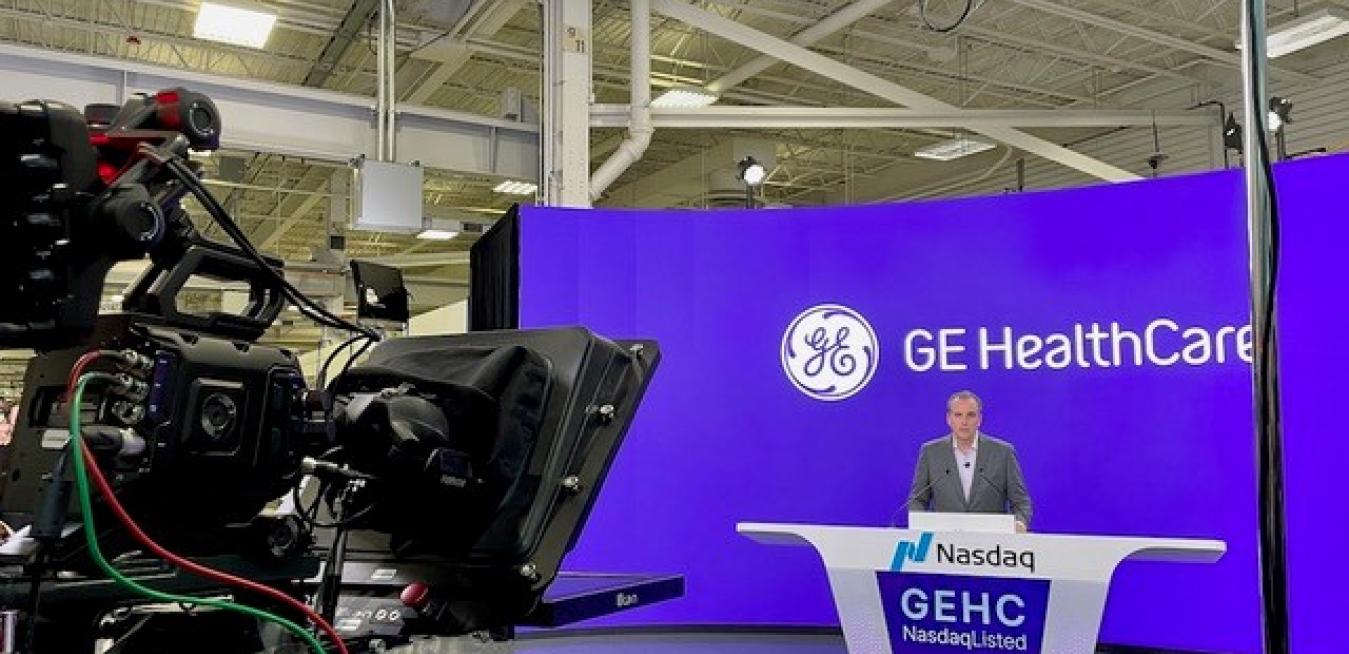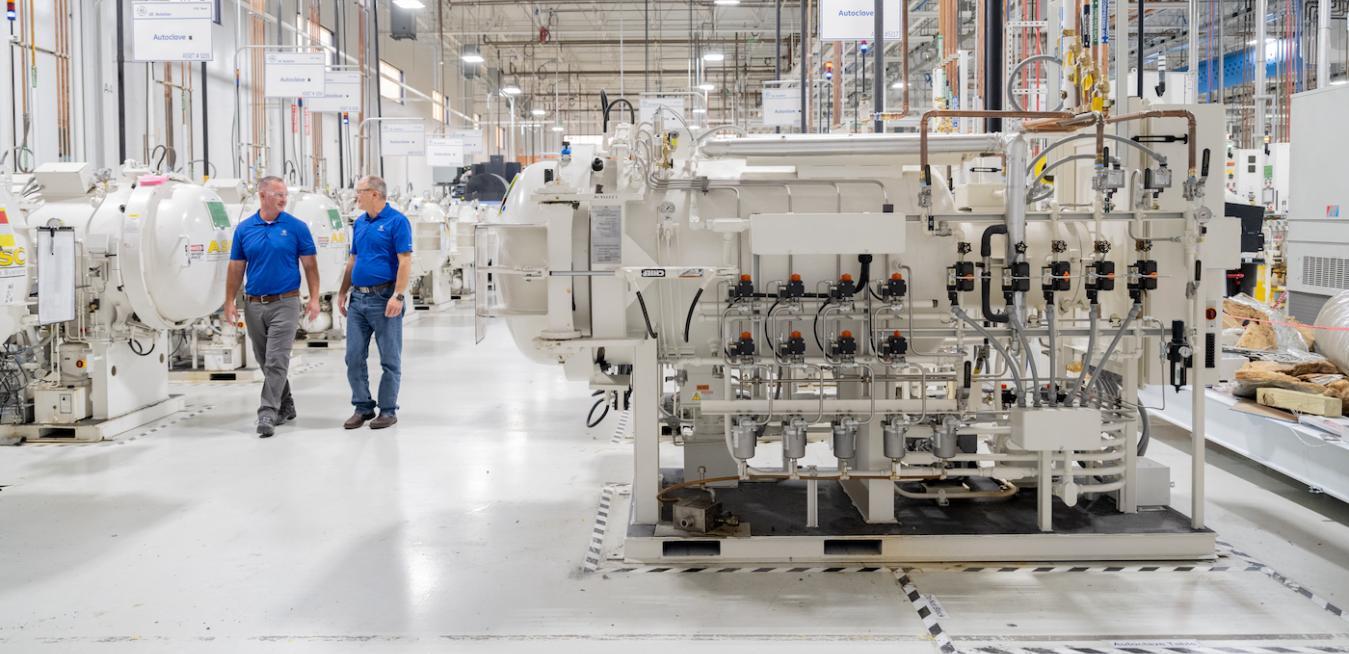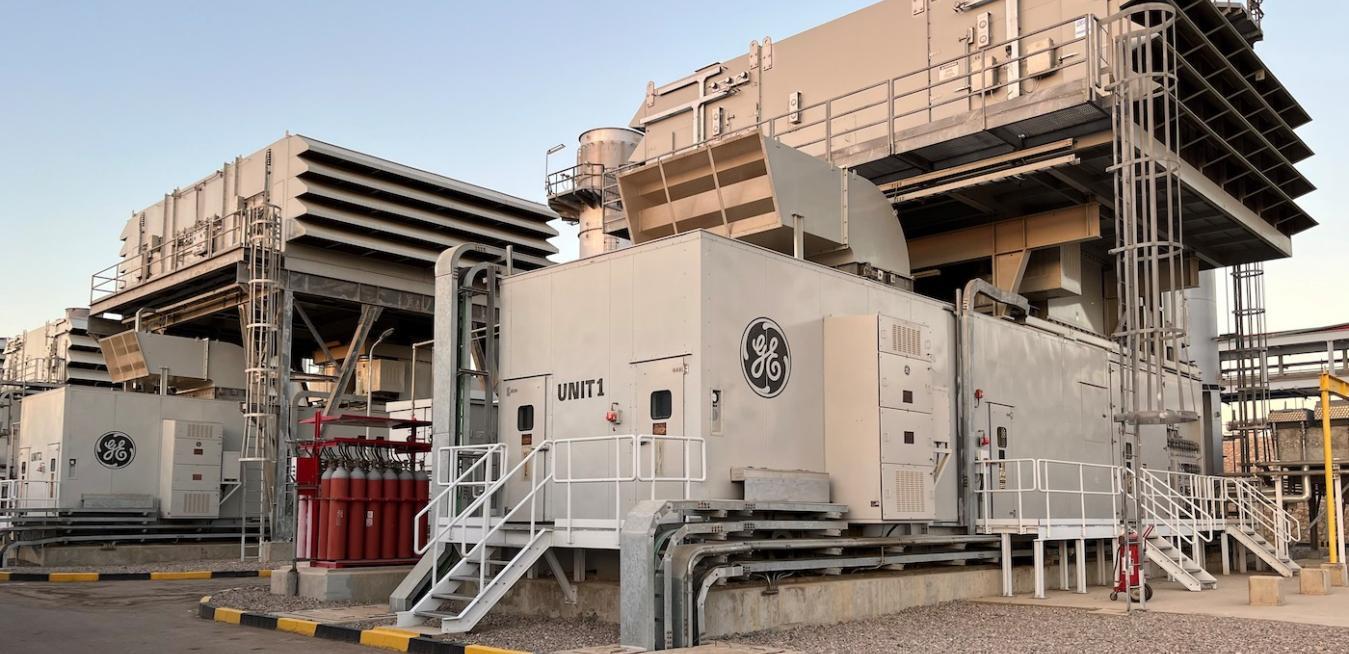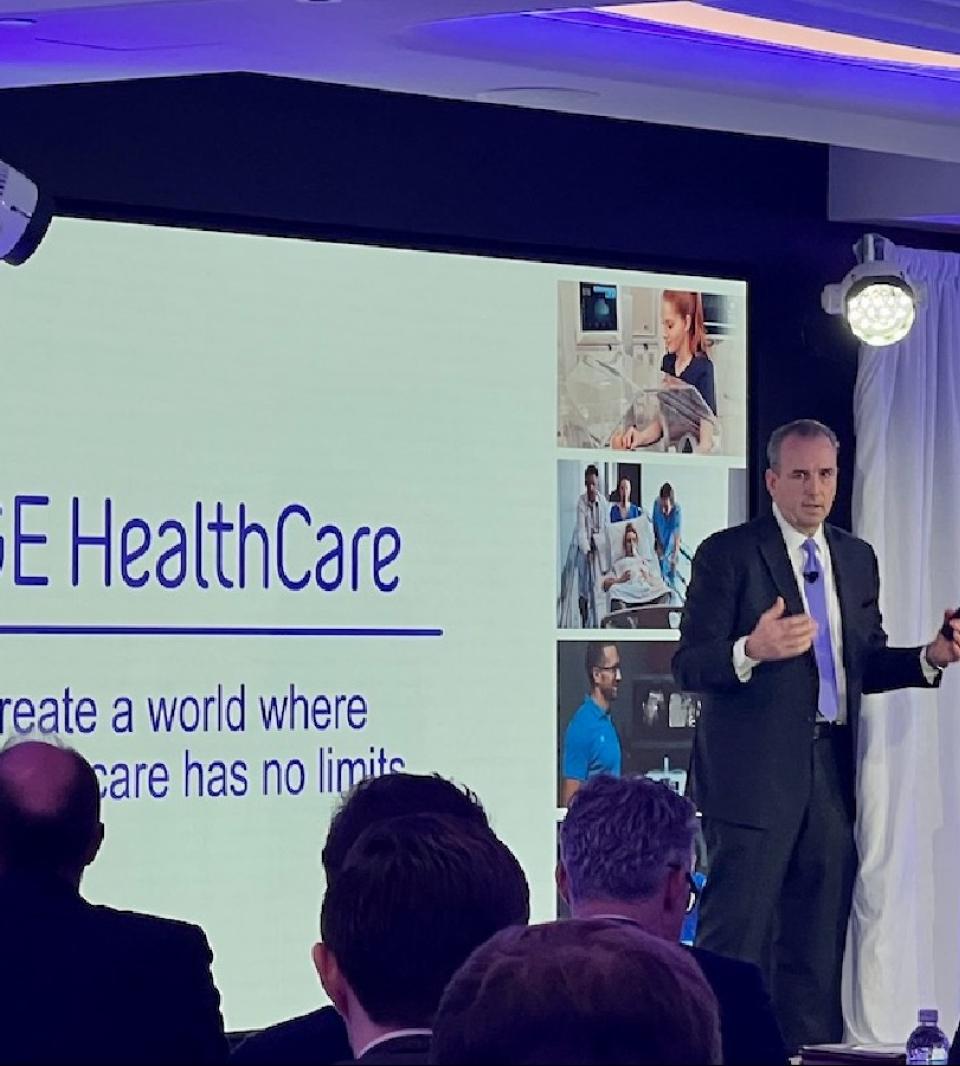News and insights from Vietnam
Japan presides over a highly developed economy, yet, lacking abundant domestic energy sources, it remains reliant on the costly import of coal, oil, and natural gas in the form of liquefied natural gas. But what if there was a way to import energy that’s a lot cleaner? And not only to Japan but all of Asia?
New technologies are becoming more and more central in our daily lives. They allow us to do things that were unthinkable just a decade ago and give us access to an enormous amount of knowledge. Ionocaloric cooling, ultrathin solar cells and hybrid electric flight are paving the way for a new future.
In 2023, the United Arab Emirates is taking center stage in the global efforts to address climate change and sustainability. Recently, leaders have gather for Abu Dhabi Sustainability Week, kicking off a year of events leading up to the UAE-hosted COP28 at the end of the year. This momentum, following on the heels of the successful implementation of COP27 in Egypt, will help continue driving positive action in emerging markets like ASEAN and globally for the decade to come.
Reporting GE’s fourth-quarter and full-year results today, GE Chairman and CEO and GE Aerospace CEO H. Lawrence Culp Jr. said that “2022 marked the beginning of a new era for GE. We successfully launched GE HealthCare, delivered strong financial performance, made significant operational progress, and continued our steadfast commitment to our customers.”
It was only 14 months ago that GE announced what Chairman and CEO Larry Culp called a “defining moment” for the iconic industrial giant. He shared GE’s plan to form three industry-leading, global public companies focused on aerospace, healthcare, and energy.* “We’re embarking on this exciting journey from a position of strength,” Culp said at the time.
GE HealthCare is now a 130-year-old startup. Today GE HealthCare completed its spinoff from parent company GE and began trading separately on the Nasdaq Stock Market (ticker: GEHC). The company, a leading manufacturer of advanced medical devices, pharmaceutical diagnostics, and other solutions critical to the future of medicine, has an urgent mission to create a world where healthcare has no limits.
The future of healthcare lies in working hand-in-hand with technology and healthcare workers have to embrace emerging healthcare technologies to stay relevant in the coming years. Let’s take a look at a few prominent technologies that will shape the future of healthcare.
GE Reports looks back on some of the remarkable individuals whose efforts this year underscore GE’s tradition of innovation.
Many of the world’s policymakers and major utilities who attended the 27th United Nations Climate Change conference in Egypt last month heard about GE’s LM6000 aeroderivative turbine. GE has shipped 1,300 units to date, and the turbine fleet has clocked more than 40 million operating hours worldwide. The easy-to-deploy LM6000, which is derived from a jet engine, is particularly welcomed in developing countries that need a quick boost in grid capacity.
Striking out on one’s own while working as a team may seem like contradictory ideas, but GE HealthCare CEO Peter Arduini made it clear that both themes will guide the company’s future after it spins out of parent company GE early next year. The occasion for his remarks was GE HealthCare’s Investor Day at Nasdaq in New York City.
